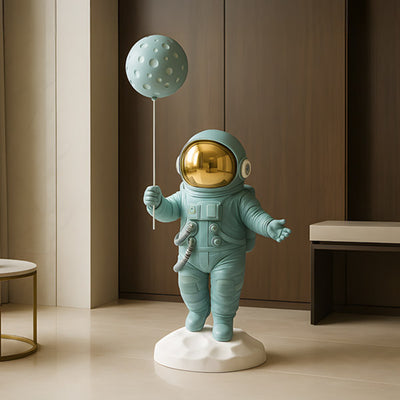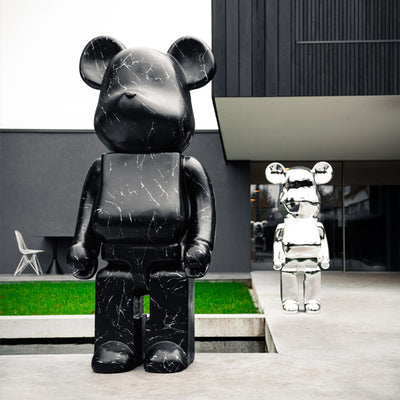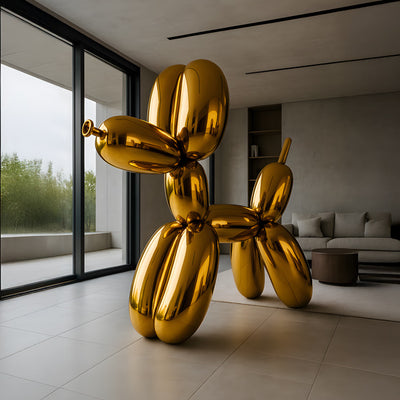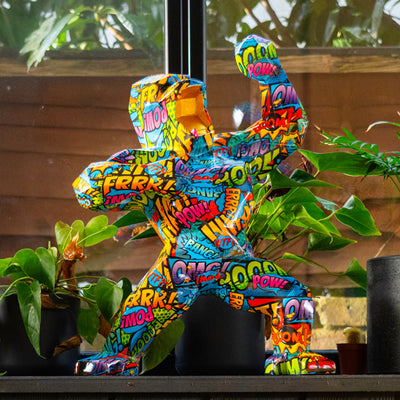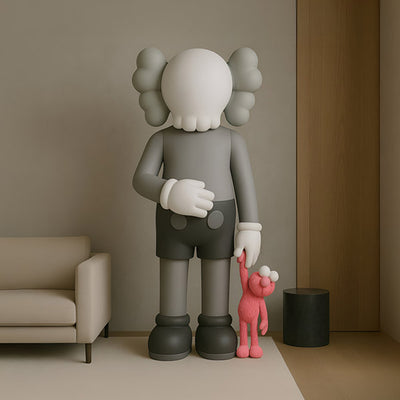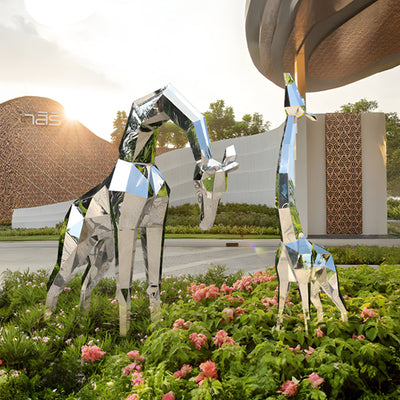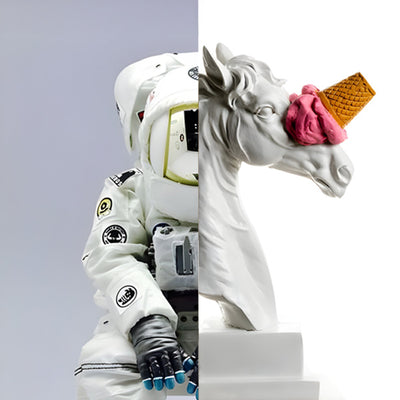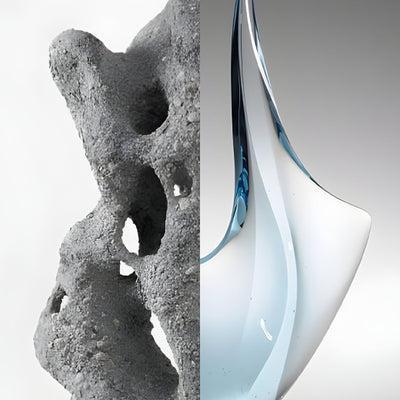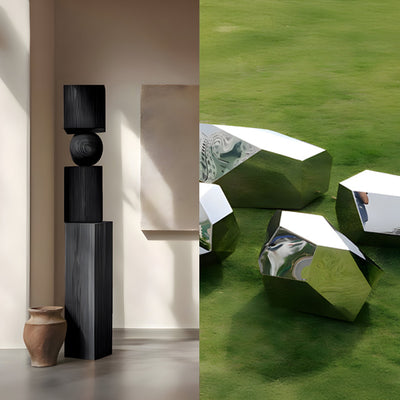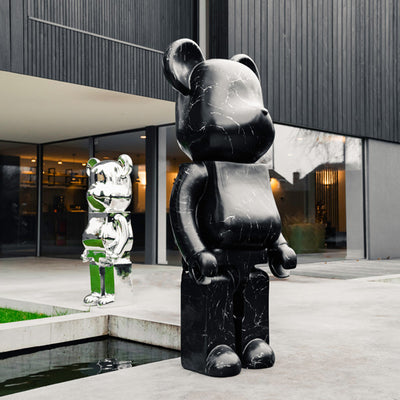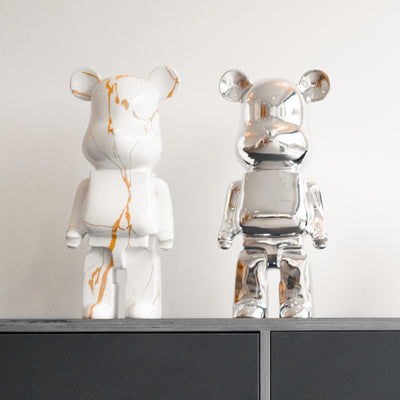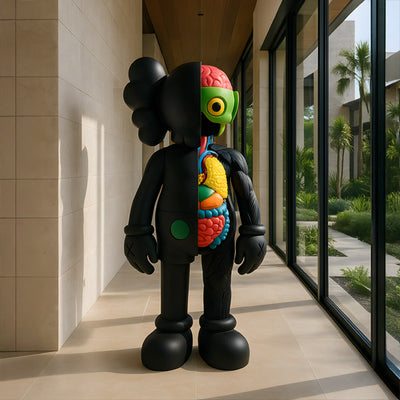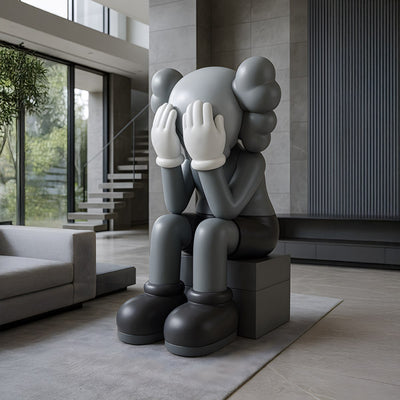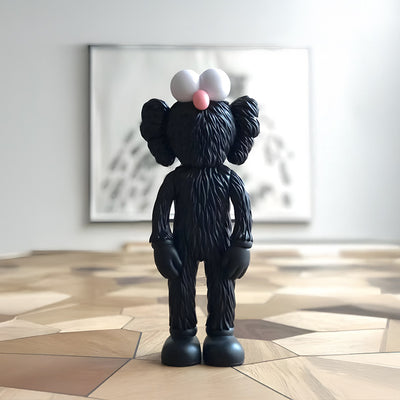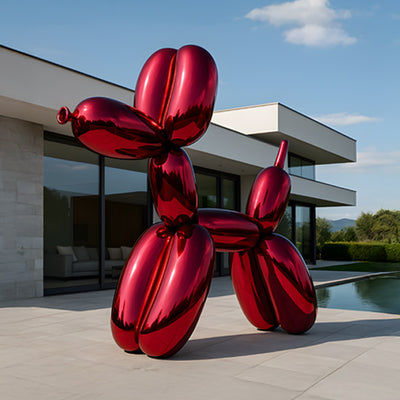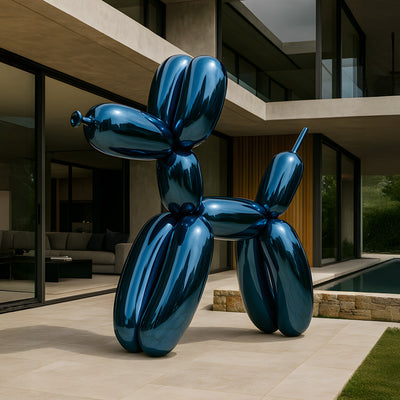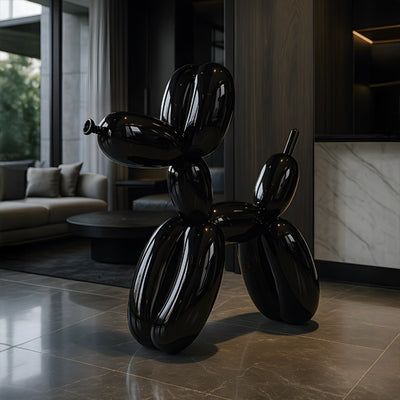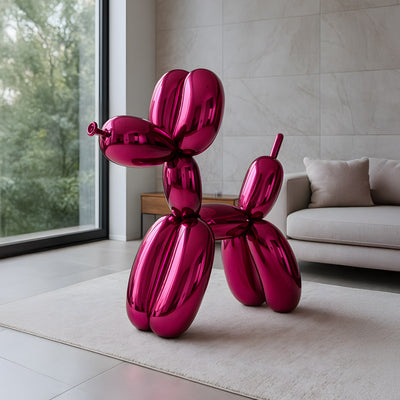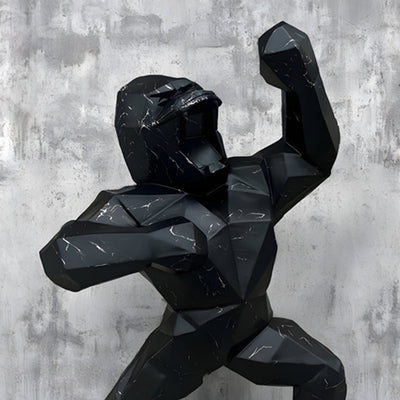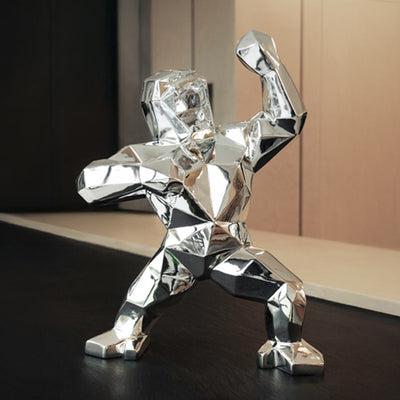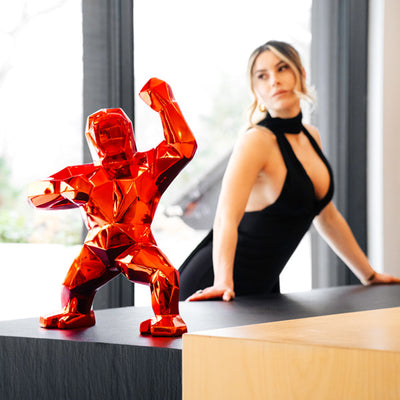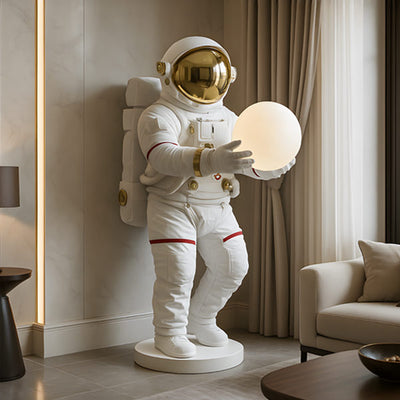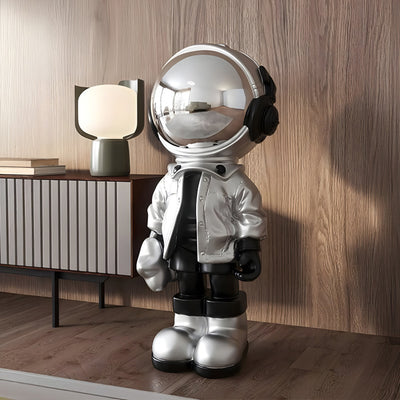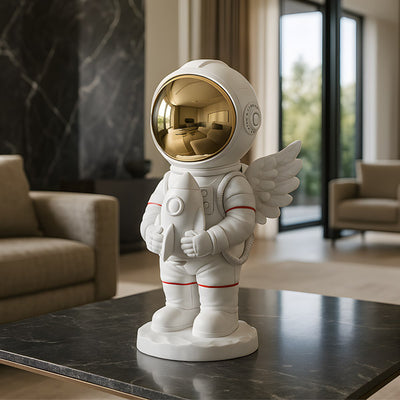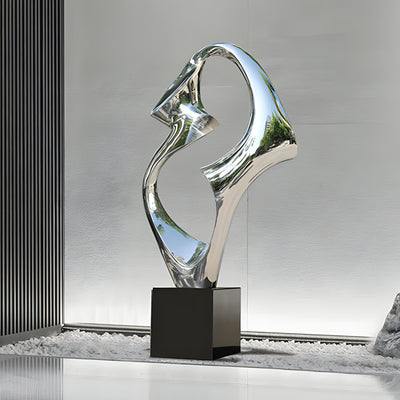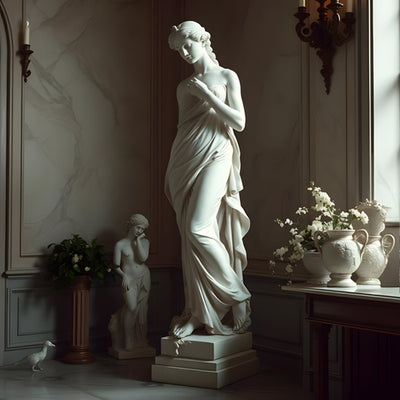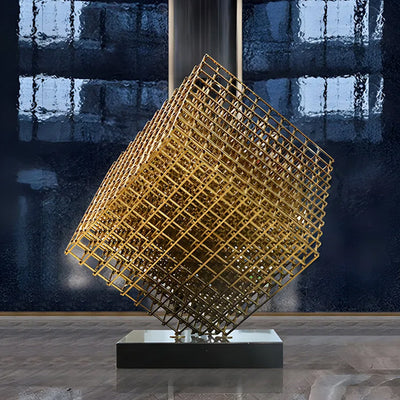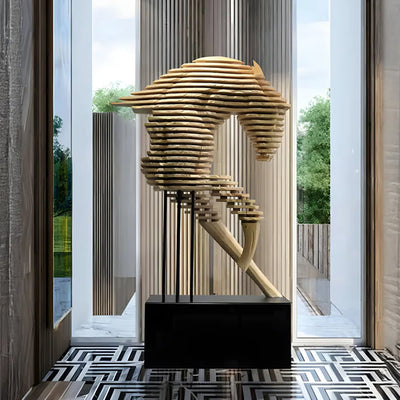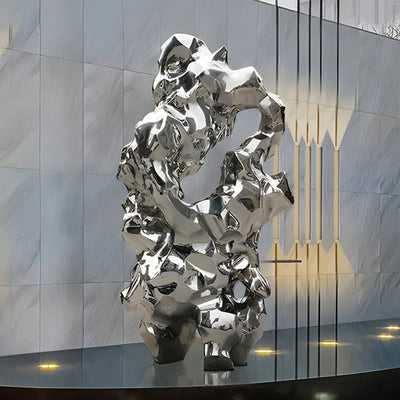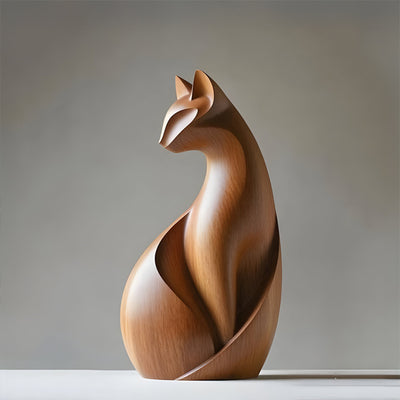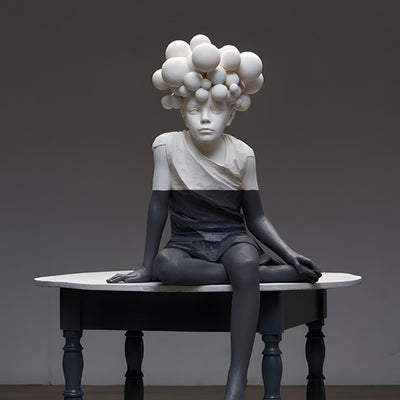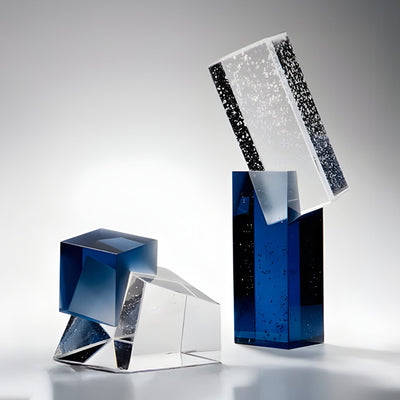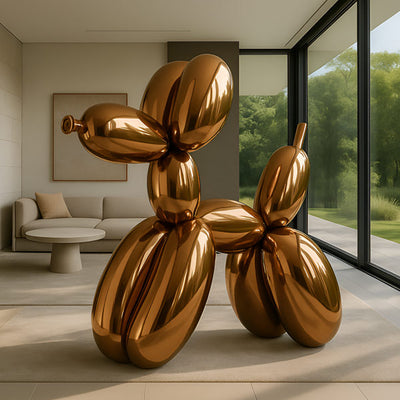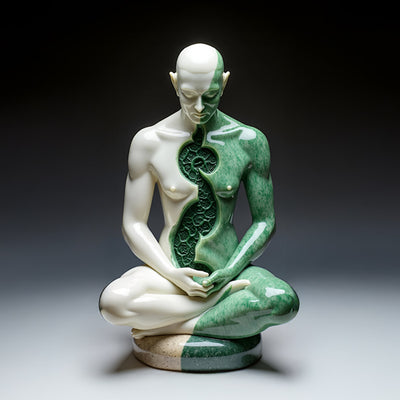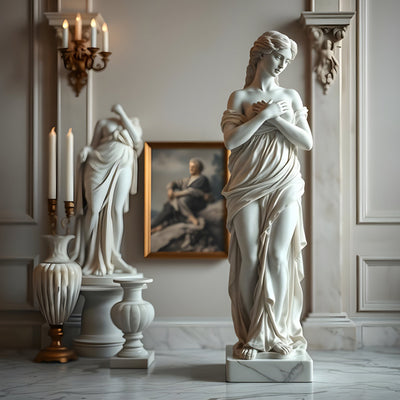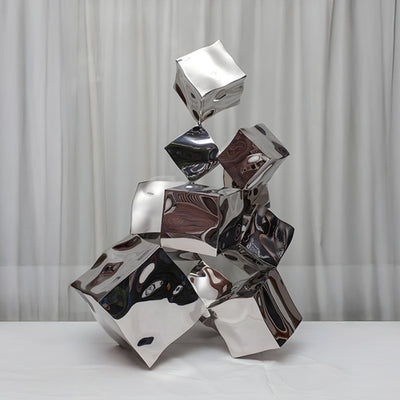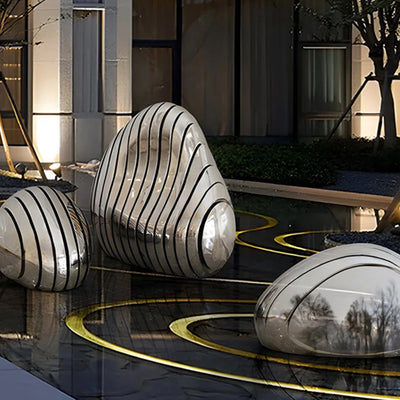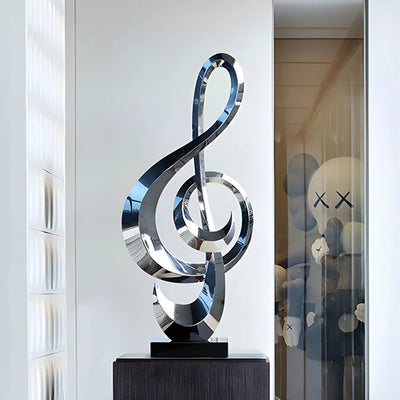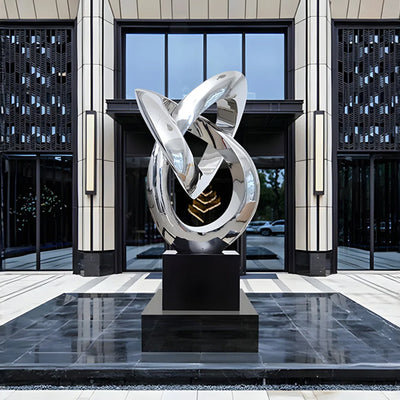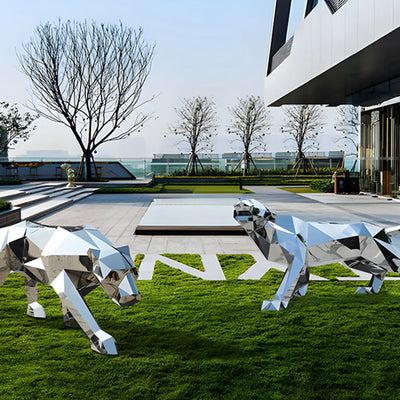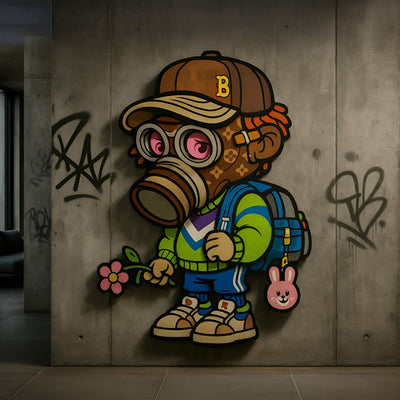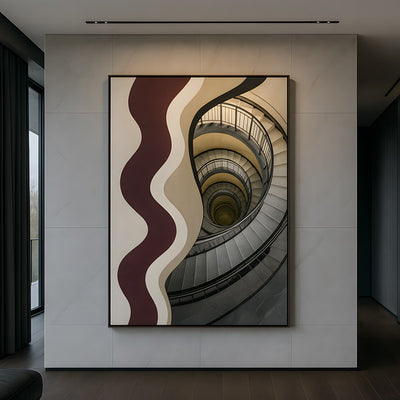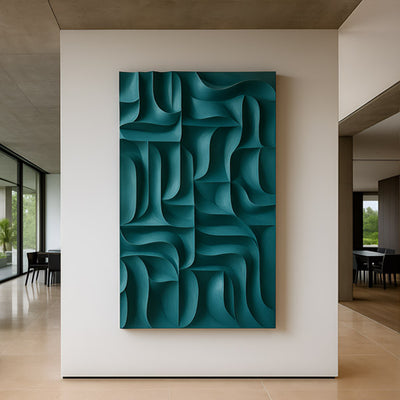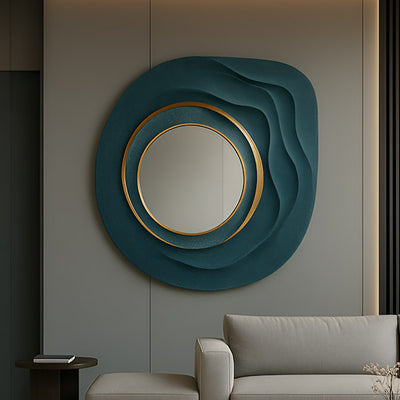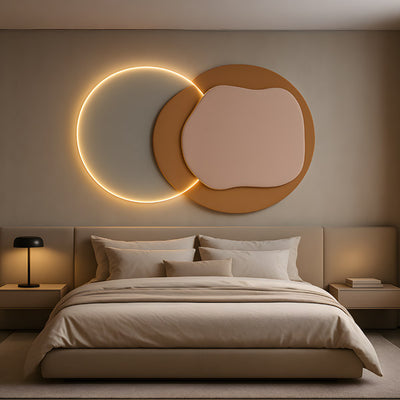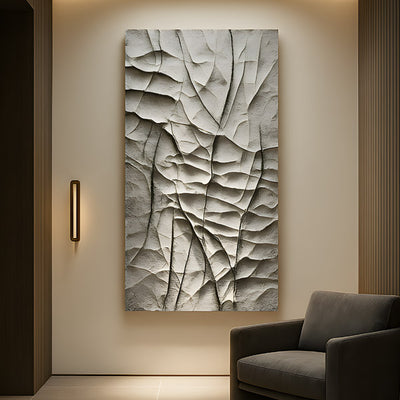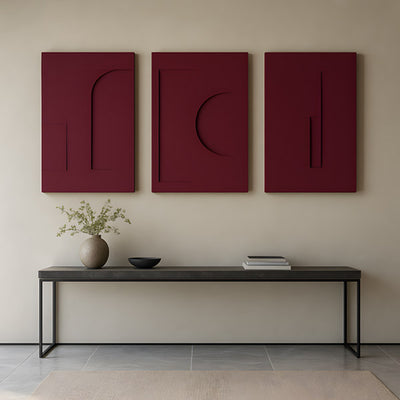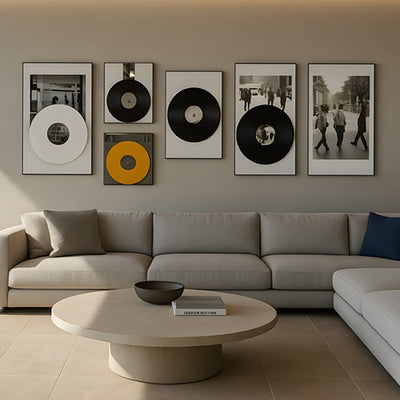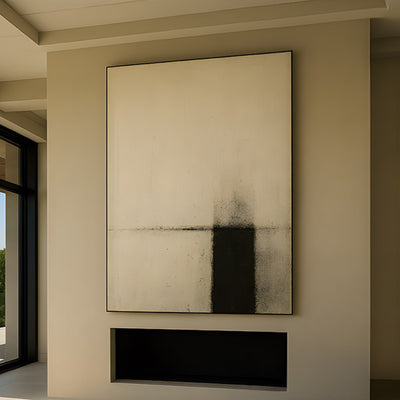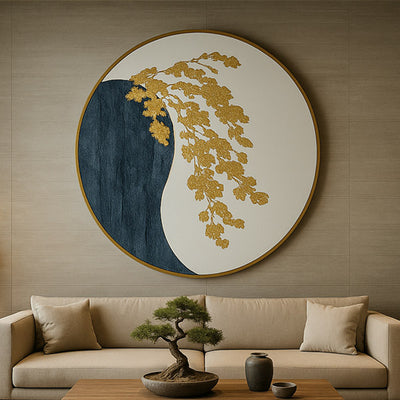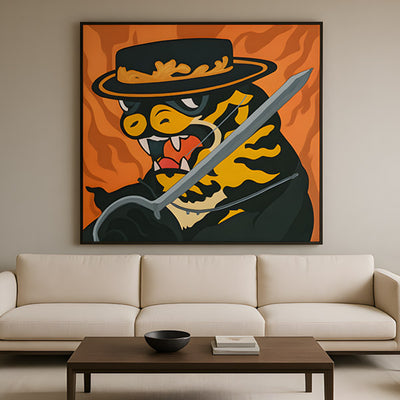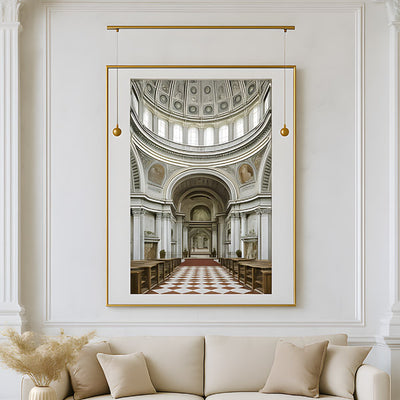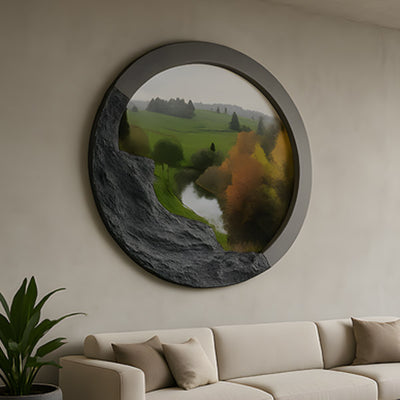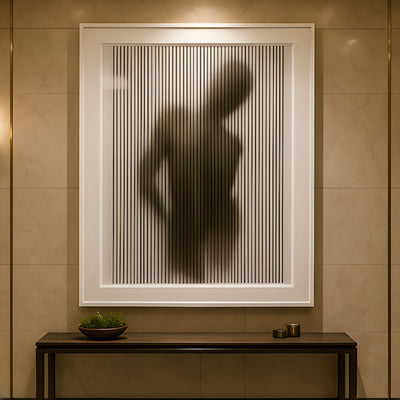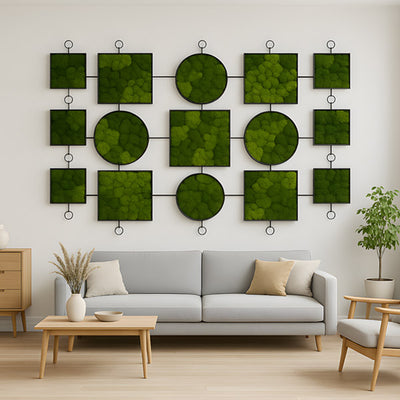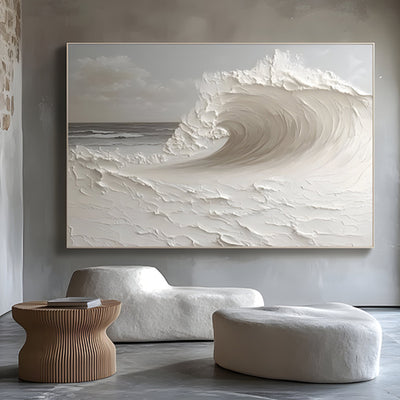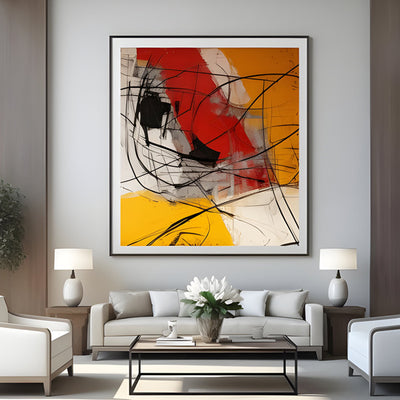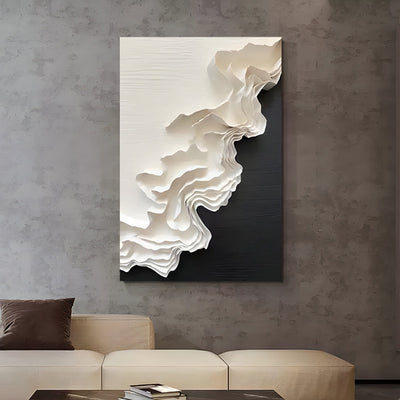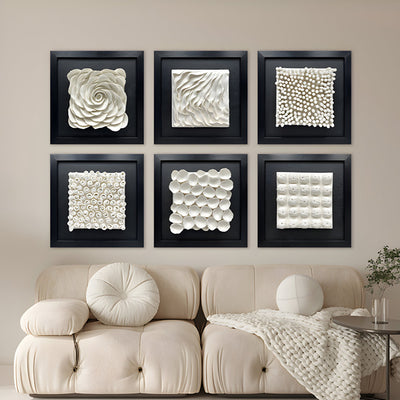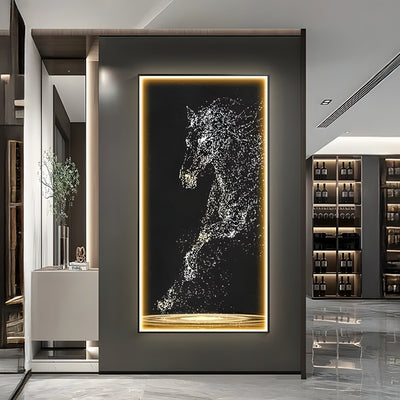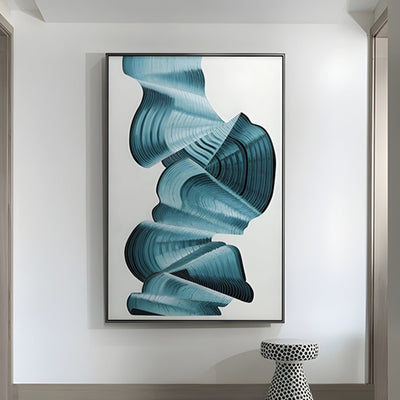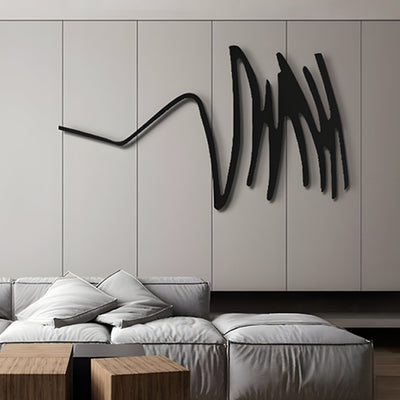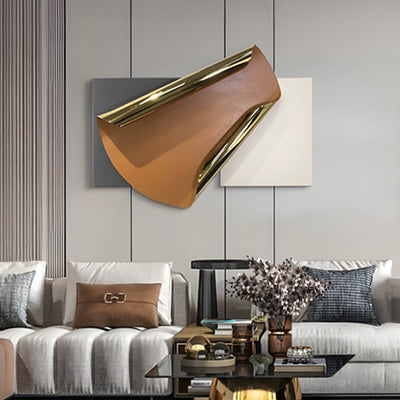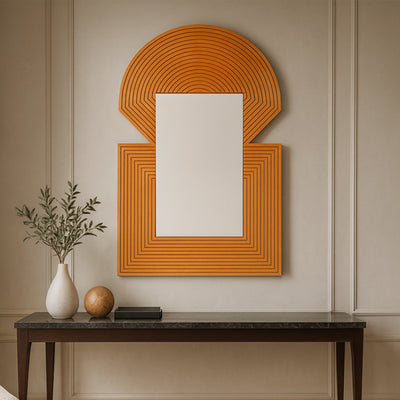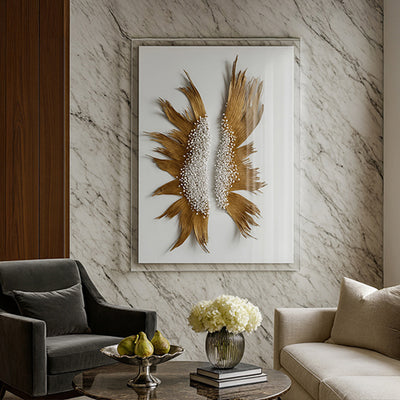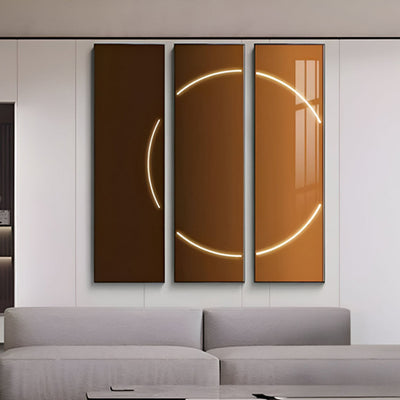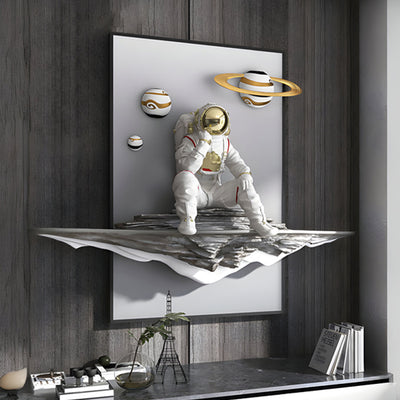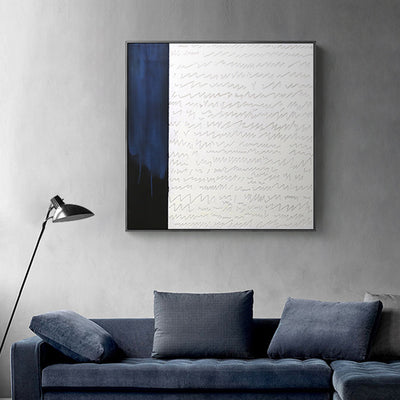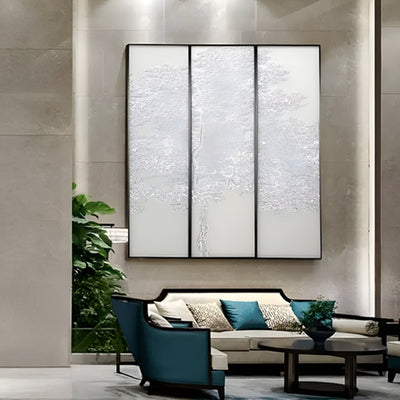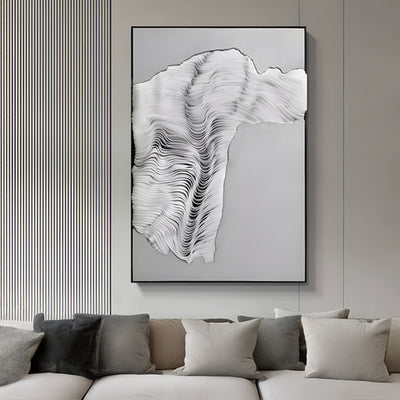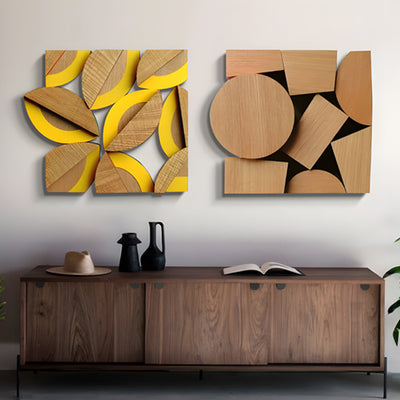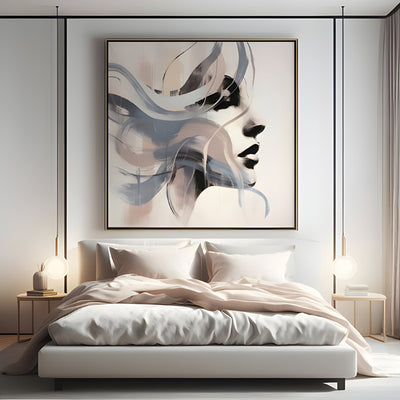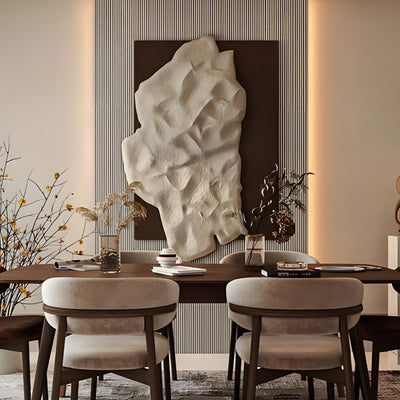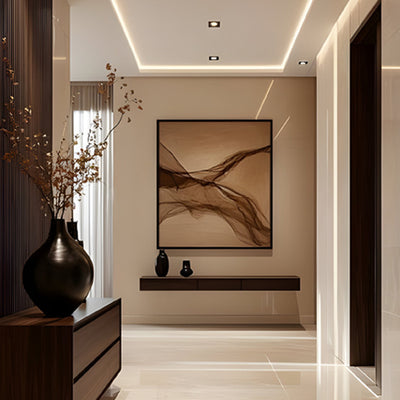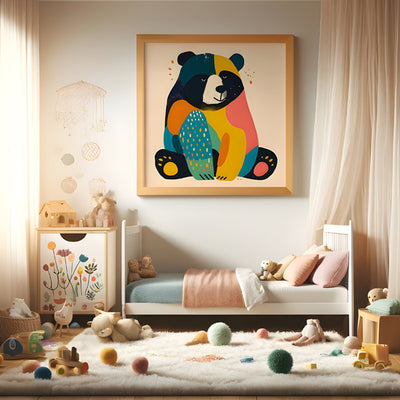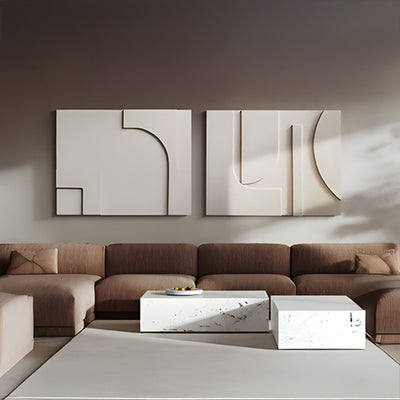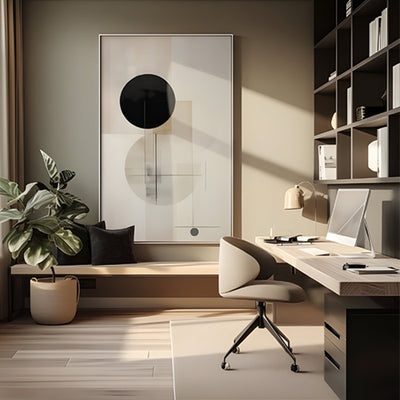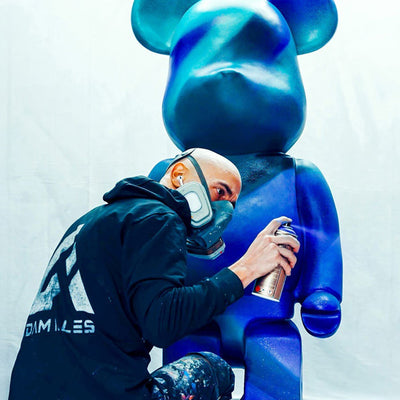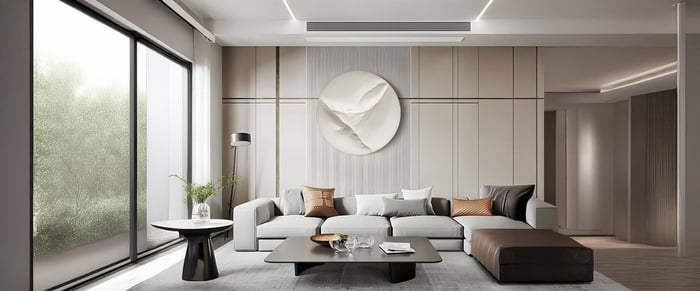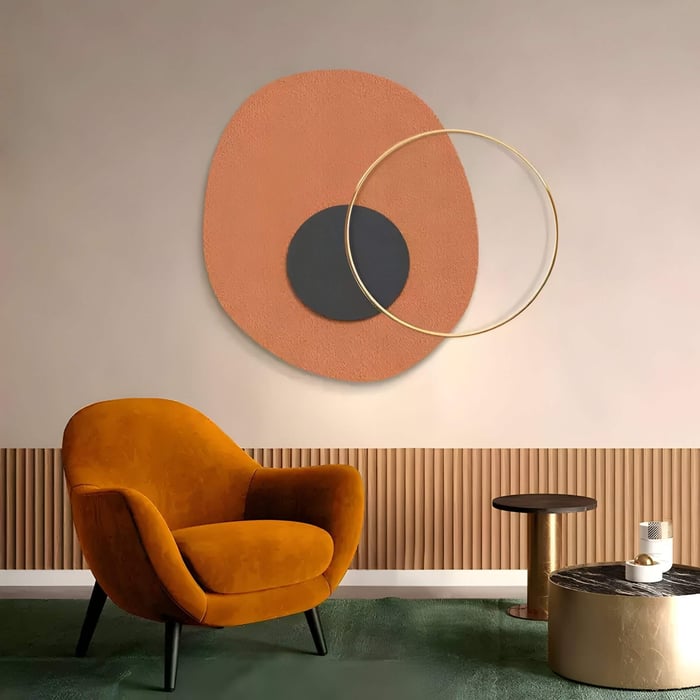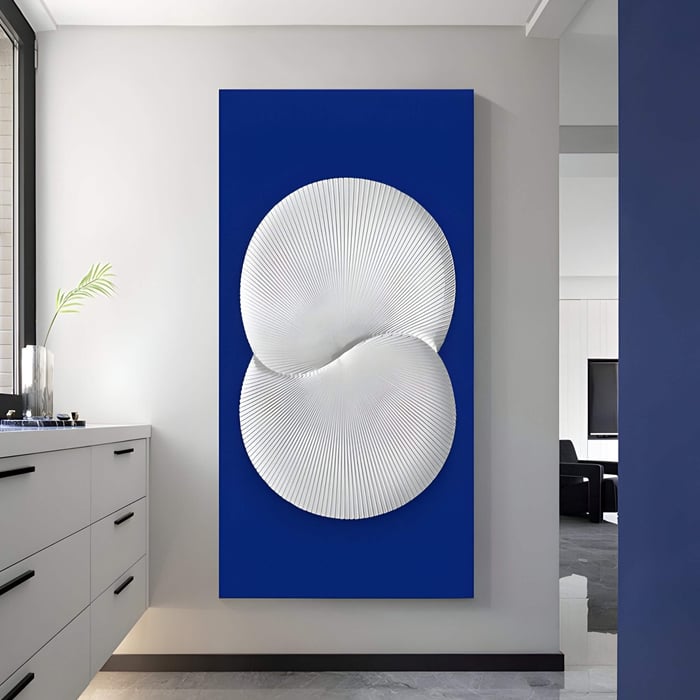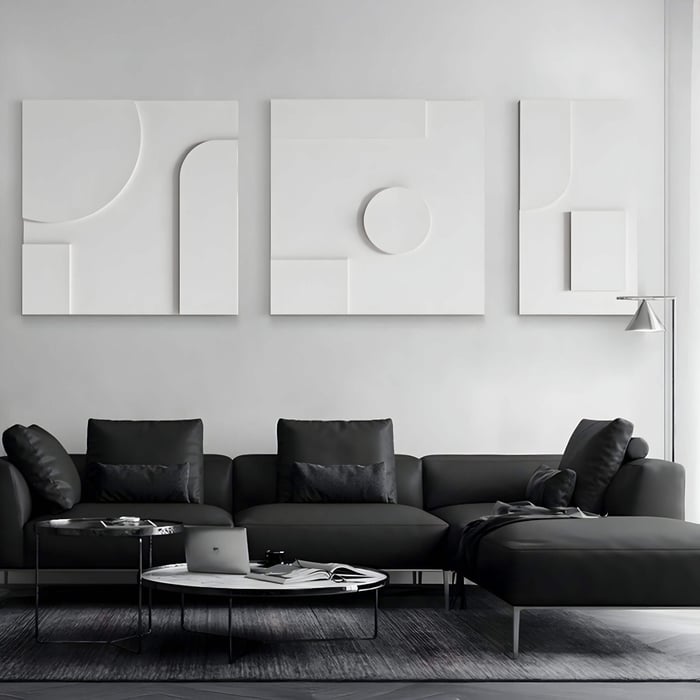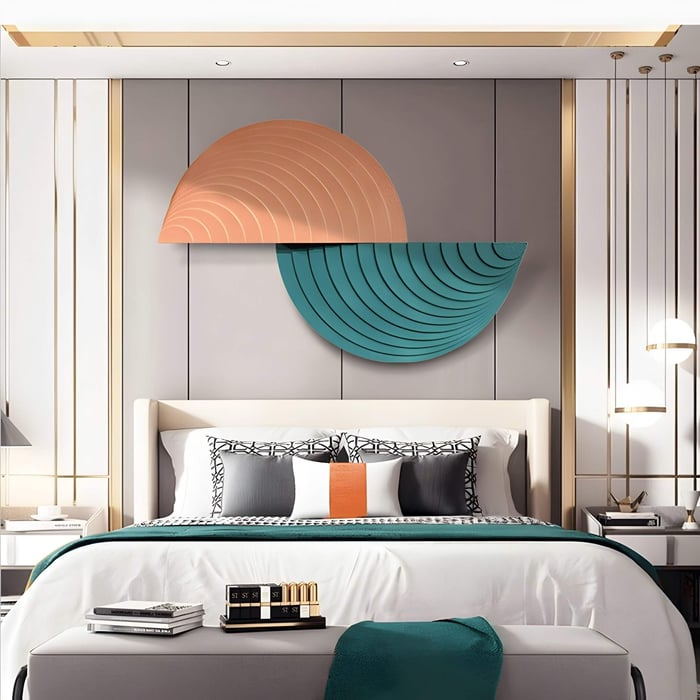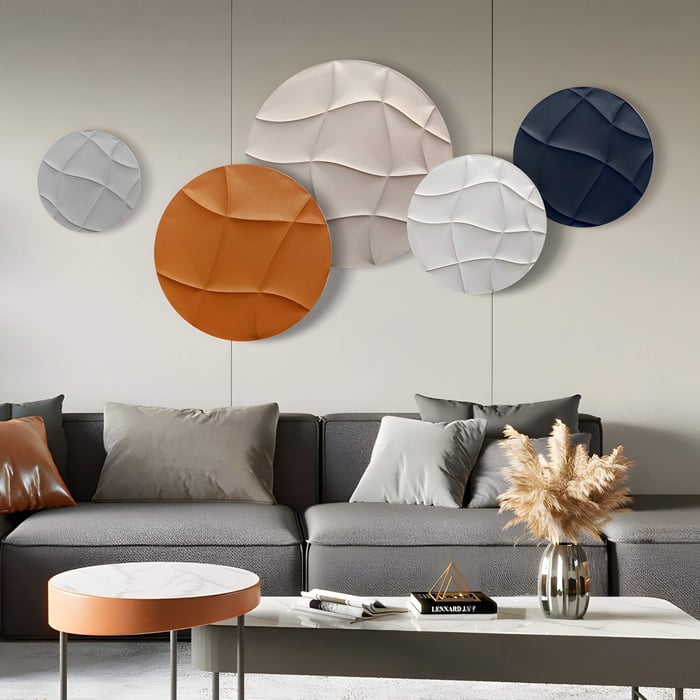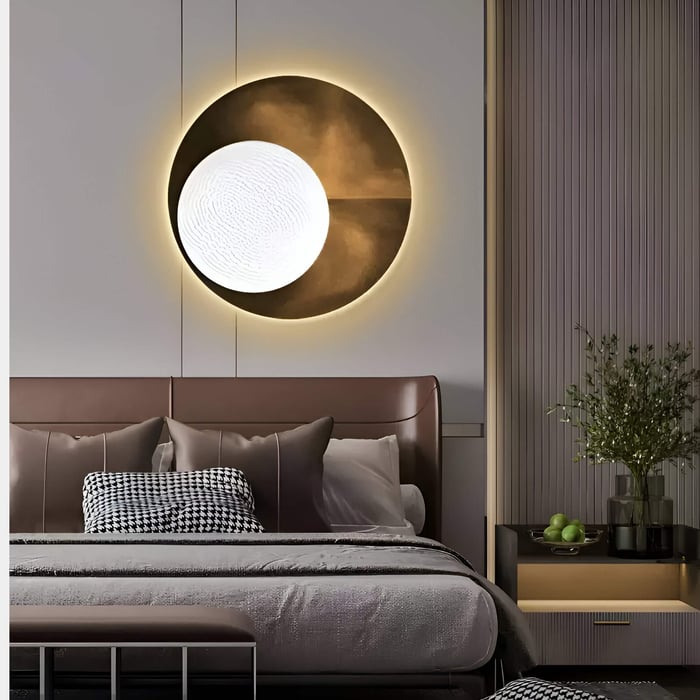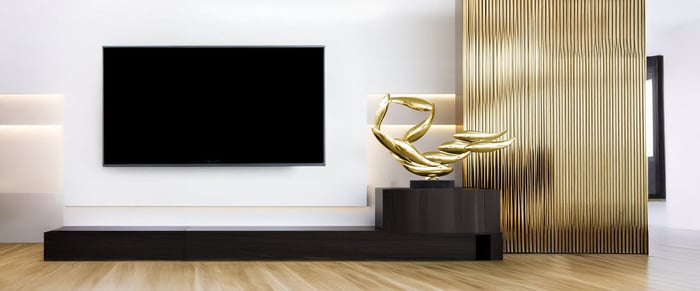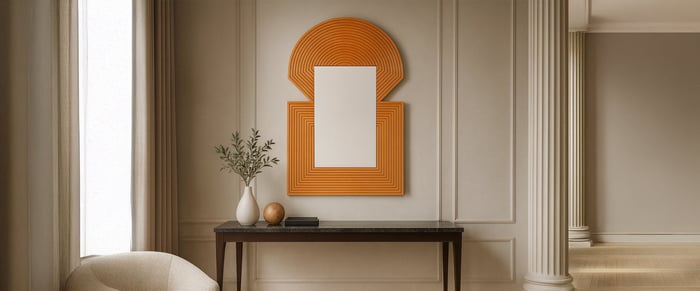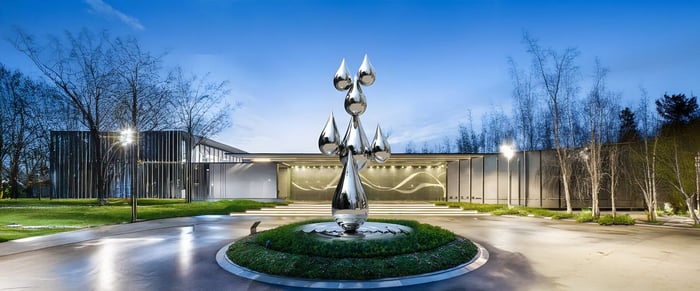Table of Contents
Flat wall prints once dominated interior design, but homeowners and designers are increasingly turning to sculptural wall décor to add depth and texture. Among the materials leading this shift, sandstone art panels stand out for their natural elegance, durability, and versatility. Far more than simple decoration, these pieces blur the line between artwork and architectural feature.
With their rich textures and organic surfaces, 3D sandstone wall panels transform walls into dynamic focal points. Whether carved into geometric precision or shaped into flowing organic patterns, they bring tactile interest to interiors while maintaining timeless appeal. In this guide, we’ll explore what makes sandstone unique, the types of panels available, design fits, installation tips, and how to care for them for lasting beauty.
What Makes Sandstone Art Panels Stand Out?
Unlike synthetic décor, sandstone panels are carved or cast from natural stone, offering textures and subtle colour variations that no two pieces can replicate. This authenticity lends interiors a sense of permanence and grounding.
Key features that make sandstone panels exceptional include:
Natural variation – veins, speckles, and soft tonal shifts unique to stone.
Tactile depth – raised textures and carved reliefs that invite touch.
Dimensional impact – blending sculpture with functional wall design.
DIY potential – some sandstone wall panels now come as peel-and-stick, lightweight but stone-surfaced options for easy installation.
For homeowners seeking textured wall décor that goes beyond canvas or paint, sandstone brings both visual drama and subtle organic warmth.
Types of Sandstone Panels & Use-Cases
Sandstone is incredibly versatile, allowing for a range of panel types and applications:
1. Precision-Cut 3D Sandstone Art
Hand-carved or machine-etched panels highlight geometry, symmetry, or layered depth. These panels often incorporate bold reliefs or even integrated LED lighting for a sculptural statement. They work well in entryways or living rooms where architectural drama is welcomed.
2. Peel-and-Stick Natural Stone Panels
For easy updates, peel-and-stick panels offer a genuine sandstone surface reinforced with resin, making them lighter and more installer-friendly. Perfect for feature walls in apartments or DIY upgrades, they add the authenticity of stone without requiring heavy construction.
3. Nature-Inspired Relief Panels
Panels that mimic natural motifs - leaf veins, water ripples, tree bark textures, are especially popular in biophilic and organic interiors. Handmade sandstone reliefs, bring artisanal quality to spa-inspired or wellness spaces.
4. Large Triptych Relief Art
Some sandstone pieces are designed as large-scale panels or triptychs. For example, Giant Sculptures’ Moro I Triptych features soft arcs and geometric impressions in hand-painted sandstone, combining artistry with luxury wall design. These are ideal for dining rooms, corporate spaces, or as statement focal points in modern homes.
Design Styles & Interior Fits
Sandstone panels adapt seamlessly to a range of interior styles:
Minimalist & Japandi – Muted sandstone tones with fine relief textures work beautifully with light woods, linen fabrics, and clean lines.
Modern & Industrial – Geometric art panels paired with steel, glass, or concrete surfaces add tactile balance to hard materials.
Organic/Biophilic – Leaf-pattern or flowing organic sandstone art enhances spaces with greenery, plants, and natural textiles.
Luxury Homes – Large triptychs or hand-painted sandstone paintings act as sculptural centrepieces, framing luxury interiors with sophistication.
By selecting the right finish and motif, sandstone becomes a versatile material for both restrained and dramatic design.
Installation & Practical Tips
The installation method varies depending on the type of sandstone panel:
Peel-and-Stick Options – These are ideal for DIY projects. They don’t require grout and can be installed like large tile stickers. They’re lightweight and reinforced, making them perfect for feature walls in bedrooms or offices.
Precision-Fitted Relief Panels – These are heavier and often shipped in modular sections. Professional installation is advised for proper alignment, particularly with multi-panel sets.
Lighting Strategy – Downward or angled spotlights create shadows that emphasise sandstone’s 3D effect. Wall washers or recessed LEDs can enhance subtle reliefs.
Placement – Entryways, dining rooms, and living areas benefit most from these focal walls. For modern luxury homes, oversized sandstone panels behind sofas or in grand stairwells create striking visual drama.
For oversized 3D sandstone wall panels, professional mounting with anchors and reinforced walls is essential for safety and long-term stability.
Care, Durability & Longevity
Sandstone is naturally durable, but proper care ensures its longevity:
Cleaning – Dust with a soft cloth or brush. For deeper cleaning, use a stone-safe cleaner. Avoid harsh chemicals that may erode surfaces.
Maintenance – Resin-reinforced sandstone is especially resistant to chipping or cracking. Protective sealants can be applied to extend life.
Eco-friendly benefits – Unlike synthetic décor, sandstone is a natural, sustainable material that weathers gracefully over time.
For luxury décor, durability matters as much as aesthetics. Sandstone’s resilience makes it a long-term design investment.
Trends & Innovations in Sandstone Wall Art
The appeal of sandstone wall art continues to evolve as designers experiment with new techniques and integrations:
Fusion with Modern Materials – Many contemporary panels now combine sandstone with resin or metallic overlays, creating striking contrasts between rough and polished surfaces.
Customisation & Bespoke Panels – Growing demand for made-to-order designs allows clients to specify dimensions, motifs, and finishes that perfectly match their interiors.
Integration with Lighting & Technology – Backlit sandstone panels are gaining traction, with LED channels installed behind carved reliefs to highlight texture and create dramatic shadow play.
Adoption in Hospitality & Corporate Spaces – Hotels, spas, and corporate lobbies increasingly use sandstone triptychs and wall claddings as sculptural focal points, blending natural elegance with modern functionality.
These innovations ensure sandstone art remains relevant and adaptable, seamlessly bridging traditional craftsmanship with cutting-edge design.
Conclusion - Embracing Sandstone Art in Your Living Space
Sandstone art panels redefine wall décor by turning flat walls into sculptural canvases. Whether you choose peel-and-stick for convenience, organic reliefs for a nature-inspired aesthetic, or bold triptychs for luxury interiors, sandstone adds both tactile depth and timeless elegance.
As homes increasingly demand art that is both immersive and functional, sandstone stands out as a material that bridges art, design, and architecture. Explore collections like the handmade sandstone panels at Giant Sculptures to discover how these works can transform your interiors into layered, textural experiences.
FAQs
Are sandstone panels suitable for bathrooms or kitchens?
Yes, if sealed properly. They handle steam well, but avoid direct splashes around sinks or showers without extra waterproofing.
Can these panels be used outdoors?
Yes. Natural stone is weather-resistant, but always use frost-safe sealants and adhesives to protect against rain, frost, and UV exposure.
How heavy are these panels?
Peel-and-stick versions are light and DIY-friendly. Carved sandstone reliefs or triptychs are heavier and need secure, professional mounting.
Can you paint or customise sandstone panels?
Yes. Use mineral-based paints or stains. Always test a small area first. Many artisans also offer bespoke carvings and modular custom panels.
